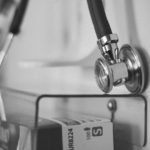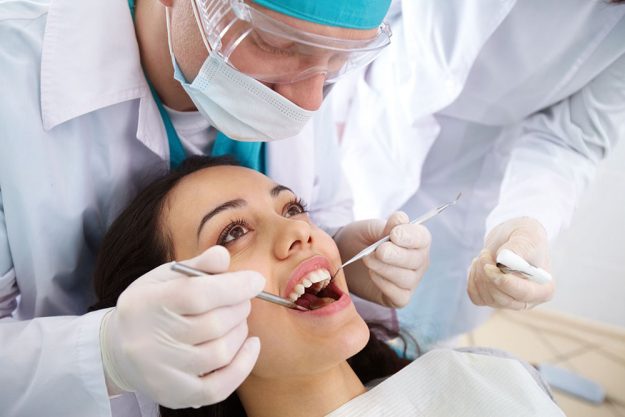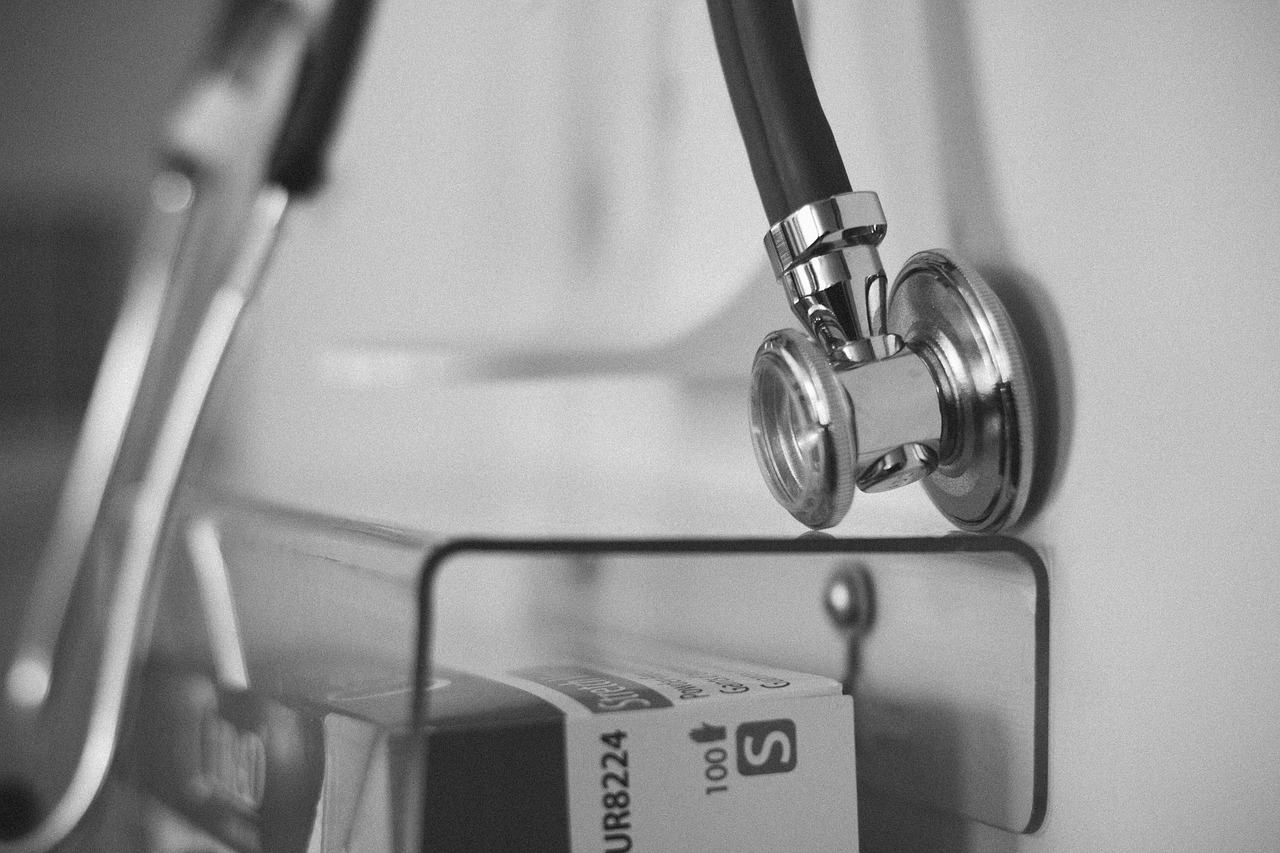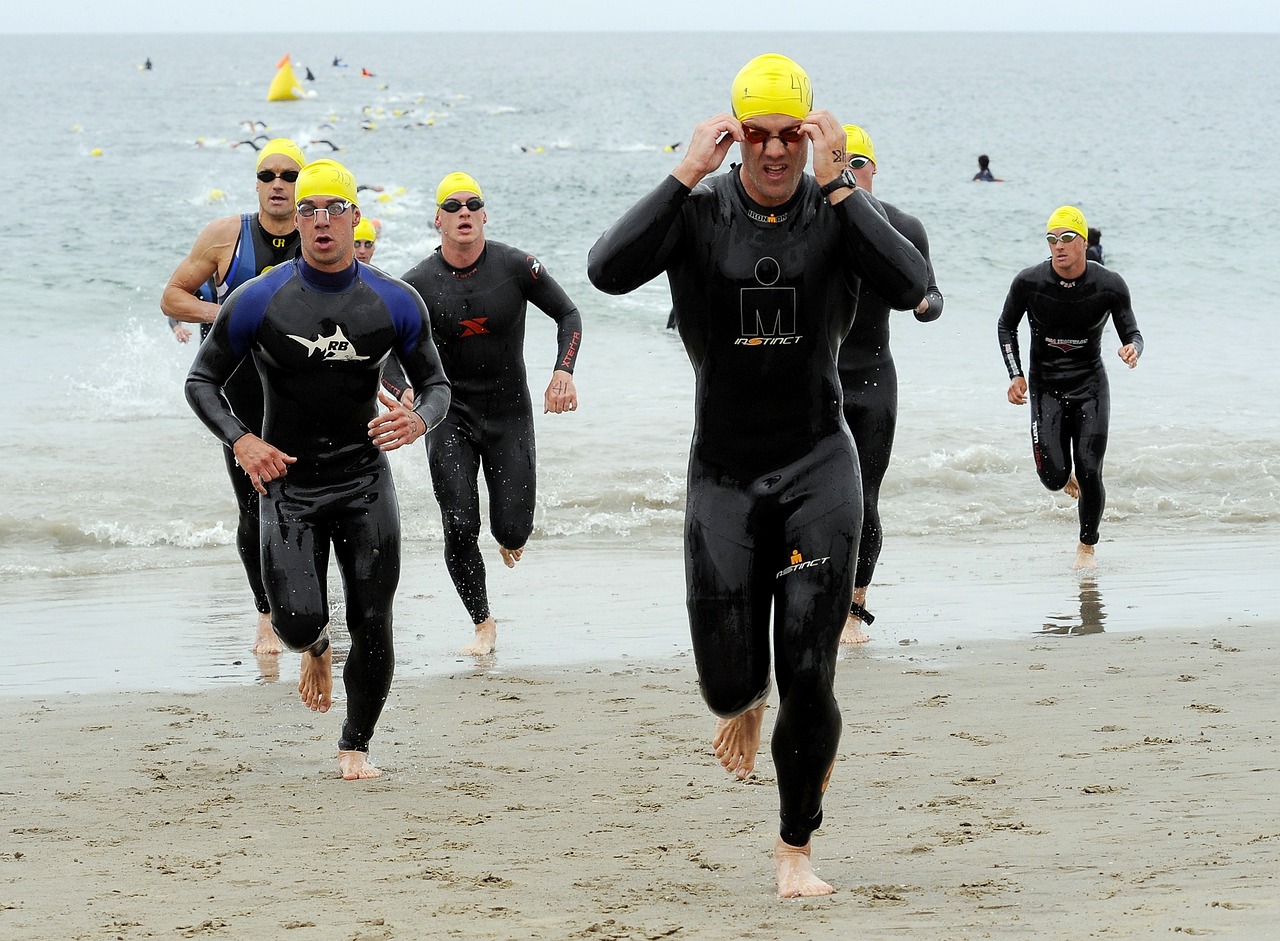If you will soon be undergoing oral surgery, you will need to prepare accordingly so you can undergo the surgery without any problems. This will also ensure that your post-operative care goes smoothly. Oral surgery is commonly performed with a general or local anesthetic, so you should also be prepared to share these tips with someone who will be assisting during the first day or two of at-home care.
The following are five helpful tips for making your surgery easier, according to Bloomington, IL oral surgeon, Thomas Ocheltree.
Discuss the Surgery in Detail
Most patients are discouraged from talking to their oral surgeon about the surgery in great detail. They would rather get a quick rundown on the anesthesia, operation, and recovery time and avoid asking questions about the procedure. Sometimes they’re too anxious or nervous to ask questions that might make them feel uncomfortable. You don’t want to make the same mistake.
If you are experiencing a health problem or undergoing a medical procedure following this surgery, let your surgeon know. This may include prescription or recreational drugs that you may be using. The more that the oral surgeon knows, the more you can avoid problems and drug interactions. If you feel nervous about the procedure, including the type of anesthesia that’s used, ask about any safe alternatives.
During this time, you should also find out if your health insurance covers this type of procedure. This way you’re not hit with an unexpected surprise if your claim is rejected. You can work with the dental office on a payment plan or another option. Or, you can get a written description of your procedure complete with ICD-10 codes to verify coverage with your insurance provider.
Organize Transportation & Post-Operative Care
Patients underestimate the effects of an oral surgery. It’s best to have a trusted friend or family member join you and take you home. Don’t assume that you can drive yourself home. No matter which anesthesia the doctor uses, your reflexes will likely be impaired, making it impossible to drive.
If you don’t have someone to take you home, then call for a taxi or use a ride-sharing service like Uber. If you use the latter, you don’t want to rush to order a ride until it’s safe to leave. If you’re undergoing an intense surgery and live by yourself, then you should find someone who can stay with you overnight. At a bare minimum they should check in on you throughout the day.
Know the Drinking, Eating, and Smoking Rules
If your surgeon uses a general anesthetic or an intravenous one, you need to follow some pre-operative procedures before undergoing surgery. That means not drinking, eating, or smoking anything for eight to 12 hours before your surgery. You also shouldn’t smoke for at least 24 hours following surgery. If your surgeon is using a local anesthetic, you can eat a light meal two hours in advance, but you should brush and floss before surgery.
Dress Appropriately for the Surgery
While you don’t want to look like a slob, you want to dress comfortably for your appointment. This involves wearing loose-fitted clothing and a short-sleeved T-shirt. This is important if you’re expected to have an intravenous drip. While the doctor and staff will prevent stains from getting onto your garments, wear something that you don’t mind being ruined just in case.
Contacts wearers should avoid wearing contact lenses during surgery since their eyes will be closed for an extended period of time. Don’t wear makeup, lipstick, and jewelry during the procedure. Also, you should avoid wearing body sprays, colognes, fragrances, and perfumes. You should also wear your hair tied back if it’s long and voluminous.
Plan Your Post-Operative Diet
It’s important to pre-plan your meals and drinks before undergoing surgery. You’re required to consume foods that require little-to-no chewing. This includes avoiding acidic or spicy foods that could irritate your gums. Drinks like Boost, Ensure, and SlimFast are the perfect form of nutrition during your post-operative care. Oatmeal, soups, and other hot foods are also ideal, however avoid anything with small particles if you have an open wound, such as after wisdom tooth extraction.
You should avoid drinking out of a straw during this time. This can lead to a problem called dry socket which will require a follow-up appointment and more treatment.
Now you know how to prepare for your oral surgery. It’s important to know when it’s time to cancel. While you shouldn’t cancel your appointment because of nerves, it’s fine to cancel when you’re constantly sneezing or having a runny nose. Even if these symptoms aren’t severe, you don’t want to risk spreading the illness to others and they may complicate your procedure in unexpected ways.
Allergies shouldn’t become a problem during the treatment. If you’re undergoing surgery during allergy season, take an oral antihistamine ahead of time and let your doctor know. But if you have the flu, then you should cancel or reschedule. Contact your surgeon and find out what they think before cancelling.
Thomas Ocheltree is an oral surgeon who’s a graduate of Augustana College. He practiced at Southern Illinois University School of Dental Medicine, where he learned about surgical training. This training has given him an in-depth understanding of the intricacies of oral surgery.










